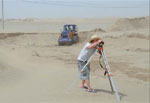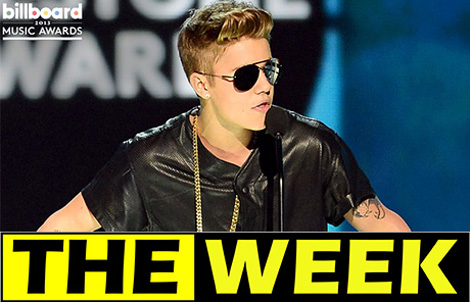Shortcut to a nation's demise
Updated: 2013-05-29 08:25
By Hahm Seung-heui (China Daily)
|
|||||||||||
The era of democratization in the ROK began under another former president, Kim Young-sam. After assuming office in 1993, Kim promulgated specific laws against corruption, including one against money laundering, and introduced important reforms such as the real-name financial transaction system and disclosure of civil servants' assets. But the nexus among politicians, officials and plutocrats saw to it that some people from their midst were always part of the power structure. Moreover, corruption had spread throughout the private sector as well.
The ROK authorities' measures to root out corruption didn't meet the expected success for certain reasons. First, law enforcement agencies and prosecutors play a major role in dealing with corruption scandals involving politicians, high-profile officials or their relatives. But fearing that officials even at the highest levels could be involved, more often than not law enforcers and prosecutors go soft on such cases.
Second, on the pretext of promoting economic growth, many business tycoons bribe judicial authorities to get favorable verdicts even in non-corruption cases. The power of money thus overrides judicial sanctity, political honesty and public good.
Third, the judicial system as whole is not free of corruption. Lack of proper supervision has encouraged prosecutors and other court officials, and law enforcement agencies to build a bond of interests.
Fourth, social forces such as civil society may have emerged as another class of power calling for independent supervision and public supervision may succeed in curbing the corrupt activities of the relatives of officials, plutocrats and politicians. But they cannot check corruption as a whole given the supremacy of power and money in society.
New ROK President Park Geun-hye has pledged to eliminate corruption. She has vowed to reform the country's prosecution system by plugging the loopholes used by corrupt officials, plutocrats and politicians to abuse power. But she may find it difficult to do so because of the sophisticated relationship among politicians, public officials, plutocrats, private enterprises and civil groups.
In the era of financial globalization, trans-border corruption, too, poses a challenge to the international economic order. If one country tolerates corruption by facilitating tax evasion, then it will nullify the efforts of another country to fight corruption. Therefore, it is imperative to build a trans-border cooperation mechanism based on international consensus.
A nation's sustainable development depends on the transparency of governance and people's trust. A country cannot develop into an advanced society if its administration, law enforcement agencies and judiciary are not transparent in their functions. Conversely, corruption will prevent an administration, police department or judiciary from being fully transparent. And as Gladstone said, corruption is a shortcut to a nation's demise.
The author is chairman of Forum OH-RAE (National Policy Research Institute), and former public prosecutor of the Supreme Prosecutor's Office, ROK Central Investigation Department, and former member of the National Assembly of ROK.
Related readings:
Intra-Party inspections refocus on corruption
Fight corruption with more zeal
More than 2 of 5 corruption cases involved tips
Informant webpages help gather corruption tip-offs
New PLA plates part of anti-corruption drive
Today's Top News
China corrects Japan on treaty's Diaoyu implications
Manila condemned over grounded warship
Russian envoy vows to boost ties
EU to step up investment in China
Higher education goes global
Plastic ban fails with ultra-thin bags
Flow test for water project gets underway
Campaign to help moms find breastfeeding rooms
Hot Topics
Lunar probe , China growth forecasts, Emission rules get tougher, China seen through 'colored lens', International board,
Editor's Picks

|

|

|

|

|

|





